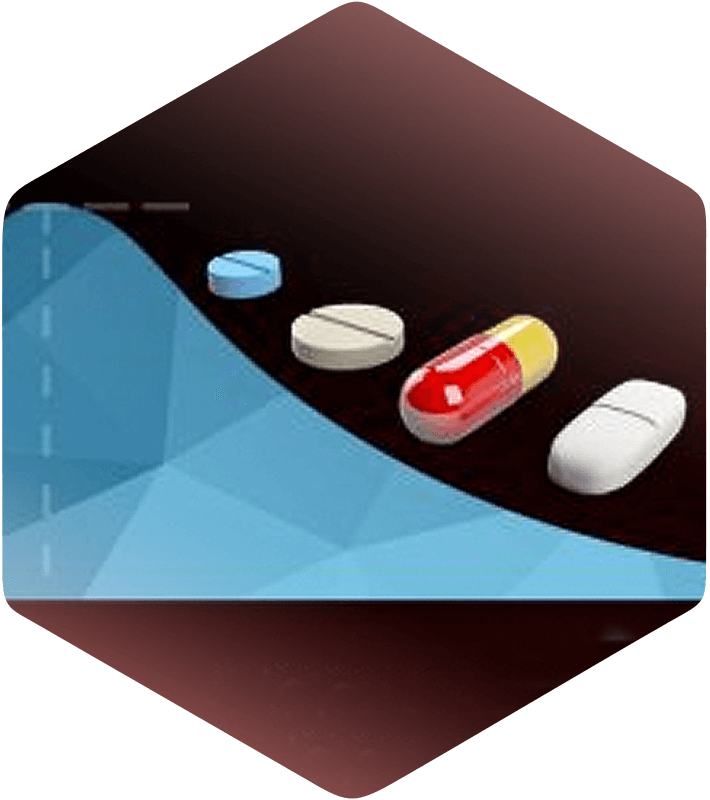If your organization does not have the time or resources to use our software directly, or if you need a fast turnaround on a particular project, our comprehensive consulting service is the solution. Our interdisciplinary team of experts can review your data, work with you to identify the issues of concern, and apply our technology and expertise to offer unique insights that will guide your projects towards an optimal strategy and outcome.
The combination of PBPK modeling techniques with our population PK/PD modeling and simulation expertise allows us to offer a variety of high-value, end-to-end solutions.
For example:
We can identify mechanistic explanations for unexplained variances in absorption characteristics and bioavailability results and use that information to guide population PK and PD modeling and simulation efforts.
- We can predict drug behavior in pediatric patient populations and perform clinical trial simulations to ensure patient safety and optimize efficacy outcomes in clinical trials while minimizing number of subjects needed.
- We can perform PBPK modeling of preclinical data to define dosing strategies for First in Human (FIH) studies
Other examples of the ways our physiologically-based pharmacokinetics (PBPK) & physiologically based biopharmaceutics modeling (PBBM) consulting support can assist with your research include:







